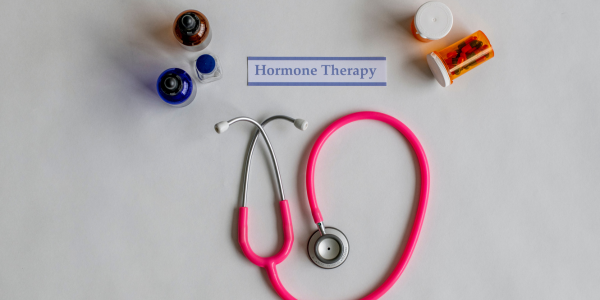
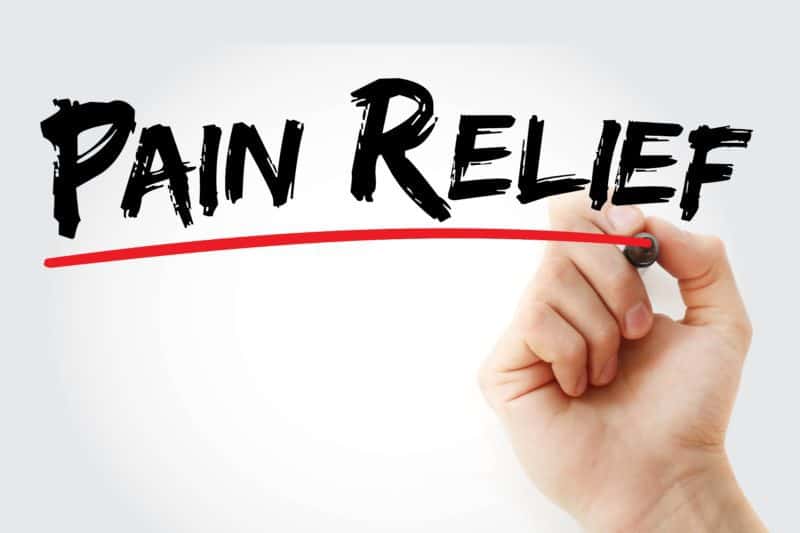
Low Dose Naltrexone
Naltrexone is a prescription medication primarily known for curbing opioid withdrawals and cravings. Naltrexone also reduces alcohol cravings and limits effects if taken beforehand. However, we are finding that Naltrexone has many other conditions it helps treat, including autoimmune disease.
Naltrexone reduces the effects of opioids and alcohol because it’s an opioid antagonist. This means that it blocks the opioid receptors in your brain and prevents these drugs from having an effect on you. Your opioid receptors play an important role in pain perception and mood.
When you take Naltrexone, it attaches to and blocks these opioid receptors. This effect was found to be helpful to drug addicts and alcoholics, preventing them from relapsing because they had lower cravings and it reduced the enjoyment of the drug while they were on Naltrexone.
In these circumstances, Naltrexone is usually being used at higher doses of 50 to 100 mg. What doctors have discovered in the past few decades is that Naltrexone in lower doses, between 1 and 4 mg, helps regulate the immune system. Specifically, Dr. Bernard Bihari noticed low dose naltrexone (LDN) was extremely effective in HIV/AIDS patients in the mid-1980s.
What Dr. Behari set the stage for was the discovery of novel treatment approaches of many other conditions. He found that low dose Naltrexone was protective of the immune system through normalizing its function and significantly bringing down inflammation. Other researchers and doctors went on to use low dose Naltrexone in other conditions where inflammation and immune system dysfunction were underlying causes – primarily autoimmune disease.
5 Conditions Low Dose Naltrexone Treats
Low dose Naltrexone has been found to be extremely beneficial in a number of unexpected conditions, including:
- Pain conditions
- Fibromyalgia
- Hashimoto’s Thyroiditis
- Rheumatoid arthritis
- Inflammatory bowel diseases
Let’s take a closer look.
Low Dose Naltrexone Alleviates Pain and Inflammation
Low dose Naltrexone has been shown to act as an anti-inflammatory agent in the central nervous system, through the microglial cells – in both opioid and non-opioid receptors. It’s through these pathways that low dose Naltrexone is believed to be effective in reducing pain and inflammation in a number of autoimmune diseases.
The microglia are cells located in the central nervous system and are considered part of immune system cells. These cells often become activated by triggers, which causes inflammation throughout the body. Low dose Naltrexone has an antagonistic effect on these cells, which calms the overreaction of the immune system down. Thus, reducing inflammation and pain throughout the body.
This is one of the best effects I’ve seen in my practice first hand – LDN has worked wonders in my chronic pain patients.
Low Dose Naltrexone for Fibromyalgia
Doctors have been thrown off by fibromyalgia for a long time. This is because fibromyalgia looks like an inflammatory condition and yet it doesn’t respond to many traditional anti-inflammatory treatments and therapies.
What we’ve come to find is that low dose Naltrexone and is very effective on fibromyalgia in reducing pain and other symptoms. This is because LDN reduces inflammation differently than many of these other conventional treatments. And there are theories about fibromyalgia really being more of an autoimmune condition, which would make sense as to why LDN would help for it.
One study found LDN reduced symptoms in fibromyalgia patients by up to 30%. For a frustrating and painful condition like fibromyalgia, this is extremely good news!
Low Dose Naltrexone for Hashimoto’s Thyroiditis
Low dose Naltrexone reduces inflammatory cytokines, which is a major contributor of autoimmune disease. Chronic inflammation can cause immune system dysregulation until it attacks healthy tissue throughout the body – which leads to autoimmunity. In the case of Hashimoto’s, the immune system is attacking the thyroid gland. Through immunoregulation, low dose Naltrexone has shown to be effective in Hashimoto’s Thyroiditis patients.
Dr. Izabella Wentz, who went through Hashimoto’s herself and now regularly treats this condition, took a survey of over 2,000 of her Hashimoto’s readers and asked what their most helpful interventions were. Only a surprising 38% had actually tried low dose Naltrexone but those who did saw significant improvement in:
- Thyroid antibodies
- Mood
- Energy
- Pain
Low Dose Naltrexone for Rheumatoid Arthritis
Due to its anti-inflammatory effect, low dose Naltrexone has been shown to improve rheumatoid arthritis. Additionally, low dose Naltrexone has immunomodulatory effects which could help reduce the underlying cause of the rheumatoid arthritis autoimmunity.
Currently, most of the evidence supporting low dose Naltrexone in rheumatoid arthritis patients is anecdotal. Though there are clinical studies underway reported to be completed in June of 2019. This study is looking at low dose Naltrexone,osteoarthritis, and inflammatory arthritis.
I am excited to see what comes back!
Low Dose Naltrexone for Inflammatory Bowel Disease
Studies have found a low dose Naltrexone is also effective in both Crohn’s disease and ulcerative colitis, which are the two forms of inflammatory bowel disease. Again, just like so many of the other studies when it comes to low dose Naltrexone, there is minimal research available at this point in time.
However, our preliminary findings seem to be hopeful and even inspiring.
The beneficial results that are being seen, paired with the fact that low dose Naltrexone is extremely safe and has minimal side effects, makes this treatment worth looking into for anyone with inflammatory bowel disease.
In fact, one study found that Naltrexone was safe even among children with Crohn’s disease due to its low toxicity. This study found that low dose Naltrexone safely reduced disease activity of inflammatory bowel disease in these children.
Should I Take Low Dose Naltrexone?
An added benefit of low dose Naltrexone is that it has practically no side effects, making it an extremely safe option for anyone with the conditions above to try. Talk to your doctor about low dose Naltrexone for pain, inflammation, autoimmune disease, and more.
It’s generally reported that people taking low dose Naltrexone for autoimmune disease typically take between 1.5 mg to 4.5 mg. It’s better to start low and gradually increase over the span of a few weeks.
You should know that low dose Naltrexone has not yet been approved for treatment of autoimmune diseases by the FDA, though there are many inspiring stories from both physicians and patients. In my practice, I regularly use low dose Naltrexone and have seen significant improvements in many conditions.
If you’re in the Phoenix area and are interested in low dose Naltrexone, you can request an appointment here or call our office at 602-892-4727.
Resources:
http://todayspractitioner.com/wp-content/uploads/2013/10/Bernard-Bihari-MD-Low-dose-Naltrexone-for-Normalizing-Immune-System-Function-athm_19_2_bihari_56_65.pdf
https://www.ncbi.nlm.nih.gov/pmc/articles/PMC3962576/
https://www.ncbi.nlm.nih.gov/pubmed/19453963
https://clinicaltrials.gov/ct2/show/NCT03008590
https://www.ldnscience.org/research/low-dose-naltrexone-in-therapy-resistant-ibd-a-case-series
https://www.ncbi.nlm.nih.gov/pubmed/23188075
Share:
Social Media
Most Popular Posts

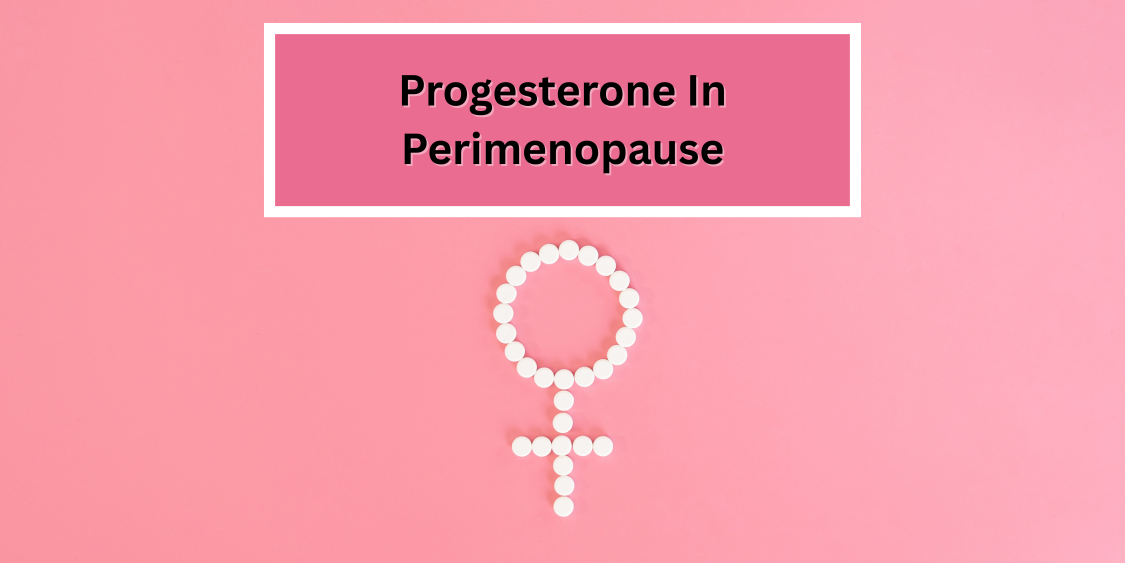
Progesterone Therapy In Perimenopause
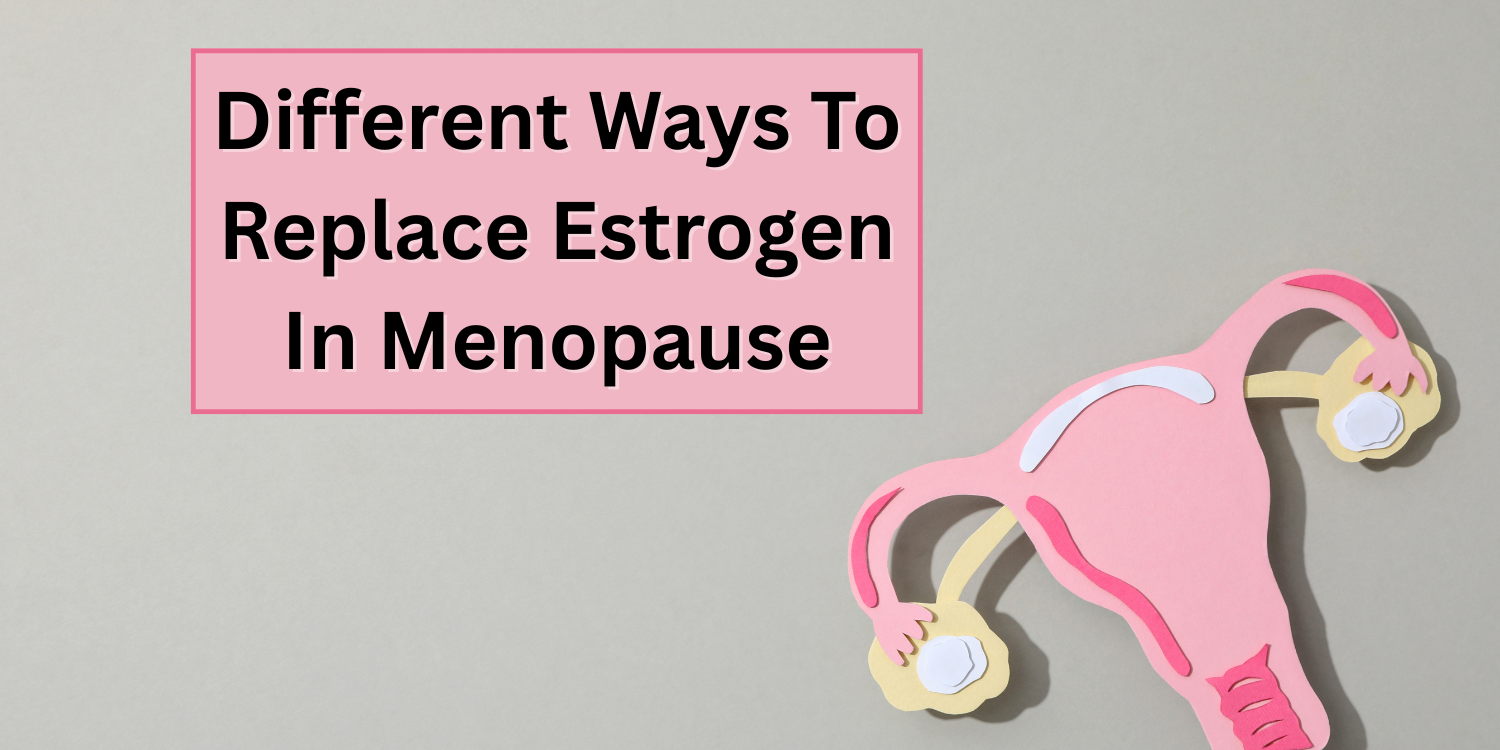
Different Ways To Replace Estrogen in Menopause
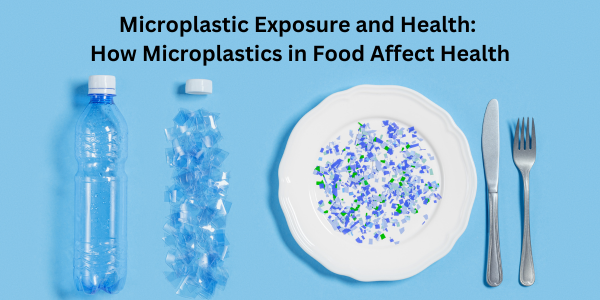
Subscribe To Our Newsletter
Related Posts

Testosterone Replacement In Menopause
What about adding testosterone replacement for women on hormone replacement therapy? Well, it can be really, really helpful for energy, libido, body composition changes. When

Progesterone Therapy In Perimenopause
What about progesterone therapy in menopause? So if you are on hormone replacement therapy with estrogen and you have a uterus, meaning you have not

Different Ways To Replace Estrogen in Menopause
When doing hormone replacement therapy for women, there are about four different ways we can get hormones into the body, especially estrogen. So our estrogens

Microplastic Exposure and Health: How Microplastics in Food Affect Health
In our modern world, plastics are all around us. Because they have poor biodegradability and are often not efficiently recycled, our environment is contaminated with
